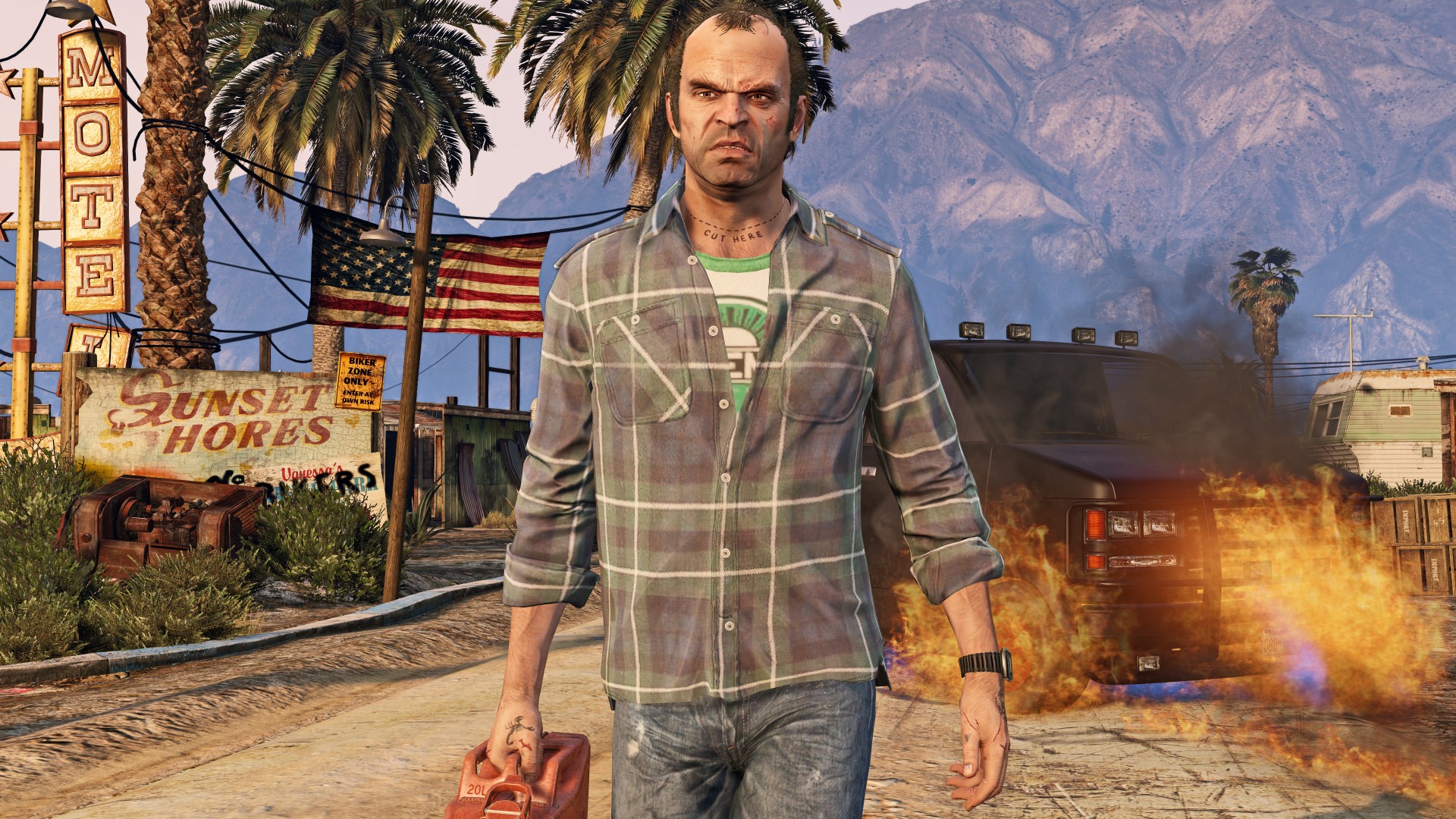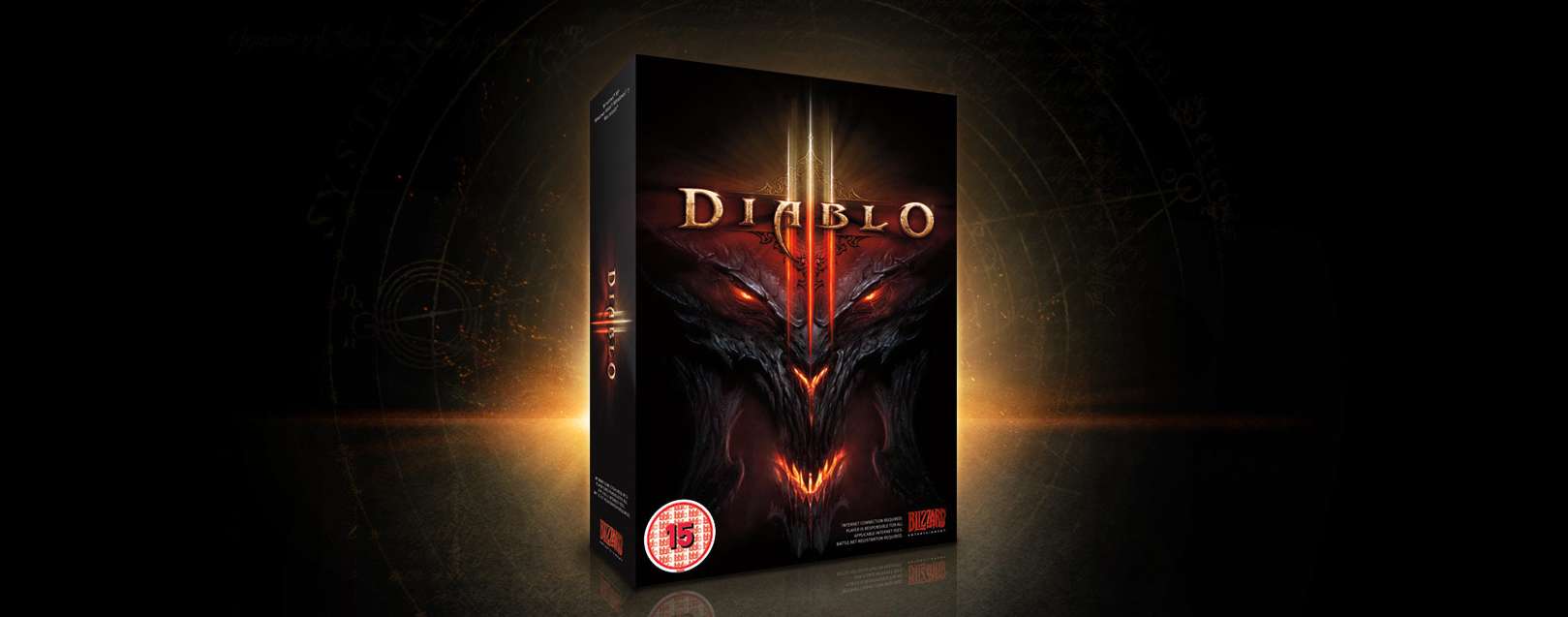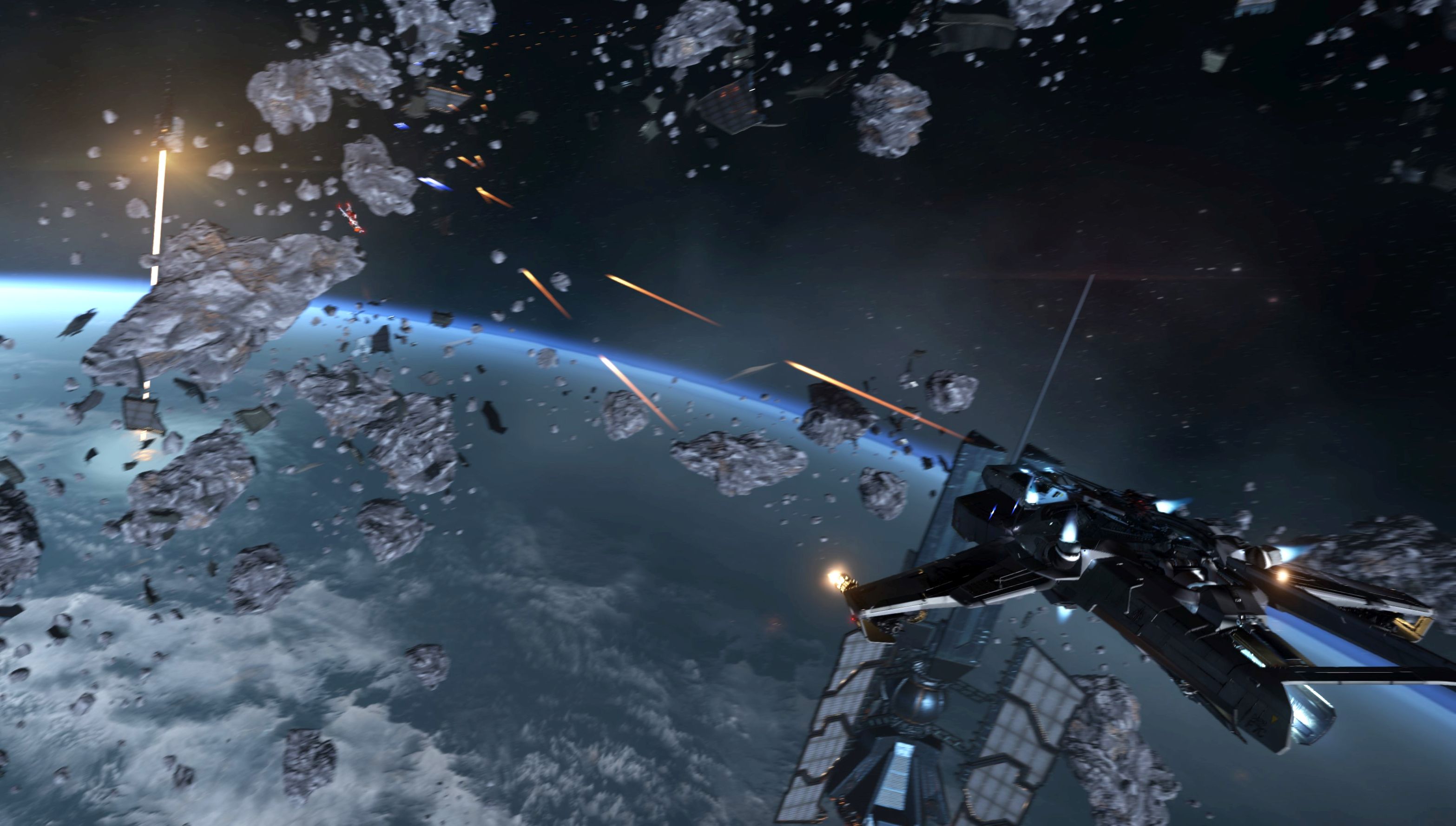
Article by Daniel Sims
Digital distribution has been good for PC gaming. The convenience, sales, and increased exposure for small developers have made our hobby significantly more accessible. The increase in download sizes over the last few years, however, is starting to make some games a little less accessible.
Big-budget games now come in tens of gigabytes, and while increased data use is a natural part of evolving technology, internet speeds for a lot of people aren’t keeping up. People who live with internet speeds of less than 30Mbps or with restrictions like 50GB monthly data caps can’t buy games like Assassin’s Creed Unity or Call of Duty Advanced Warfare digitally without incurring overages or waiting hours for them to download.
To illustrate the trend, we put together a chart showing the download sizes of various big games from the last several years. We did not base these numbers on the hard drive requirements each game’s system requirements lists, but rather the amount of data one needs to download during digital installation. The difference between the two is often several gigabytes or more. Some of the numbers come straight from the Steam, Origin, or UPlay download utilities while we had to gleam others from FAQs, forums, or articles.

As the chart shows, since around 2007 the download sizes of games from big publishers like Activision, Ubisoft, and EA have gone up between five and ten-fold. The original Assassin’s Creed from early 2008 requires a download of just over nine gigs. Last year’s Assassin’s Creed Unity requires just under 40GB.
The recent upward trend seems to have begun in 2011, after which Call of Duty games exceeded 15GB and RAGE became notable for its nearly 20GB download. Things really shot upward in late 2013 however, corresponding with the launch of the PS4 and Xbox One. Since then almost all of these games have been over 20GB and many near 50. The PC version of Grand Theft Auto V is nearly 60GB.

Gathering this data actually revealed stark differences between how the different download clients convey this information to users. Before starting a download Steam and UPlay only display the required HDD space, the former accounting for Valve’s new installation process which can inflate the HDD requirement compared to the initial download. Origin, on the other hand, separately displays the download size and install size.
The biggest gaming news, reviews and hardware deals
Keep up to date with the most important stories and the best deals, as picked by the PC Gamer team.
Further evidence EA takes customers’ bandwidth into consideration is how it runs Origin Game Time. When a Steam Free Weekend starts some people may have to use six or 12 hours of that weekend just downloading the game, but Origin Game Time doesn’t start the clock until after the first boot.
One area where Origin and UPlay still falter, however, is the lack of a backup utility like Steam’s. People in low bandwidth situations will likely only want to have to download a 35GB game once. For a lot of people, installing games from a backup hard drive or physical discs is still faster than downloading them.
Repacks and store racks
Even pirates are concerned with download size, some perhaps turning toward it for relief from oversized games. A popular trend among pirate sites is offering “repacks”—versions of games where they’ve compressed textures, audio, and videos to drastically reduce the initial download size before decompressing with special installers. Some repacks have audio support stripped down to one language.
Wolfenstein: The New Order on Steam requires a 40GB download, but there are repacks available that are only 15GB. Battlefield 4 is a 25GB download from Origin, but there are repacks sitting at 17GB. The assets in repacks, however, aren’t always completely lossless compared to the official version.
Official downloads with heavy compression aren’t unheard of though. Most notable is Titanfall with a 21GB initial download that unpacks to 48GB. Watch Dogs needs 25GB of HDD space but only a 13GB download.

Technically, physical retail is still an option, but digital game sales on PC surpassed physical years ago. As far back as 2013, digital accounted for over 90 percent of sales. Furthermore, buying physical introduces unique problems for today’s PC users.
Sales don’t come as frequently for physical PC games, and there’s less choice of game clients. Whoever buys a physical copy of GTA V to escape the 60GB download can’t install it through Steam, only Rockstar Social Club. All that data isn’t going to fit on one or two DVDs either. Consoles have fully moved on to Blu-Rays but PC Blu-Ray drives never caught on enough to justify shipping PC games on them. As a result games like Wolfenstein: The New Order come in on four DVDs. Call of Duty Advanced Warfare on PC comes on six.
Digital is certainly the way big publishers expect PC gamers to get their games. To be able to download a 40-50GB game in a timely manner—let’s say an hour, requires at least a 100Mbps connection. According to sources like Steam’s recently unveiled Download Statistics and Ookla’s Global Net Index, consumers in places like the United States and Europe average around 30Mbps. South Korea and Japan stand tall at between 40 and 50Mbps. Australian Steam users, however, average around 7Mbps. Brazil, Poland, and Italy have average Steam speeds around 5Mbps. (Note that these are just averages, and don’t point out median download speeds or the number of customers who get over 100Mbps.)
An Ars Technica story last December cited a US Department of Commerce report (which is no longer available online) saying about six out of ten Americans can theoretically subscribe to speeds of 100Mbps or above. However, fewer than eight percent can get it from more than one internet service provider.
What's ahead
Digital distribution and download speeds are a small part of what will fall under the Federal Communication Commission’s recent vote in favor of net neutrality. Most of the conversation over net neutrality deals with worry over ISPs throttling services like Netflix if they don’t pay fees, but there has been relatively little talk about the recent rulings affecting the availability of faster internet. There have been indications the FCC wants to regulate for more broadband competition. In January it raised the definition of “broadband” six-fold, skewing the market share for broadband all over the US. The FCC has also over the past year shown indications it wants to loosen restrictions on municipal providers that try to compete with private ISPs. Then there is of course Google Fiber, moving from city to city, encouraging local competitors to offer Gigabit.

For the time being, though, many people will continue to experience digital distribution challenges. The Witcher 3 coming out in May lists a 40GB HDD requirement, and the developer of Star Citizen warns players its client will be around 100GB. As technology marches on, games like these will inevitably get bigger, and there’s little indication developers are doing much to make downloads easier to bear.
Highly compressed official game downloads are in the minority, and we haven't heard talk of offering more of them in the future. The only really big solutions we’ve gotten have been from platform holders, pre-loading being the most widely adopted. A massive game that takes half a day to download is no longer a problem if that download starts a week before it actually unlocks, and it lightens the load on Steam’s or Origin’s servers too. Pre-loading still takes a bite out of the data cap some customers might live with, and it doesn’t matter for people who didn’t pre-order. Playing parts of games during installation is now standard on consoles, but this convenience is almost nonexistent on PC outside of Blizzard’s games.
The most likely solution will simply be for internet speeds to get faster, not for game publishers and distributors to change. Multiple companies in the US are expanding fiber including Google, Comcast, and Cox. Australia’s government has just begun rolling out a nationwide fiber plan that should increase the speeds available to most residences over the next few years. The biggest threat to big game downloads, however, are data caps. They seem to be going away wherever gigabit shows up, but many customers will probably still deal with them for the short-term foreseeable future.
PC Gamer is the global authority on PC games—starting in 1993 with the magazine, and then in 2010 with this website you're currently reading. We have writers across the US, Canada, UK and Australia, who you can read about here.


